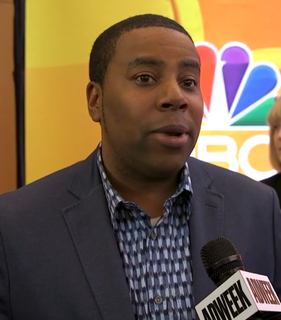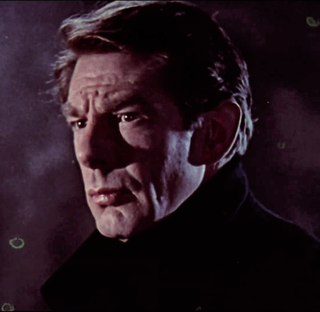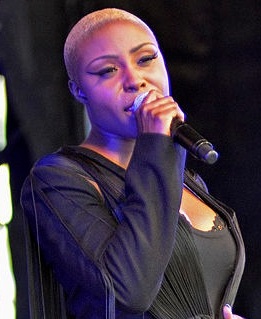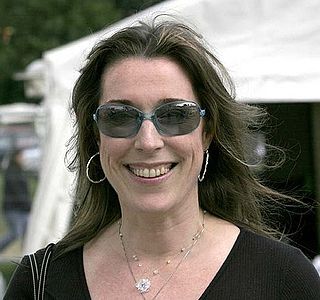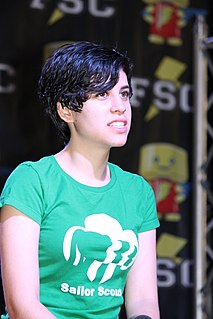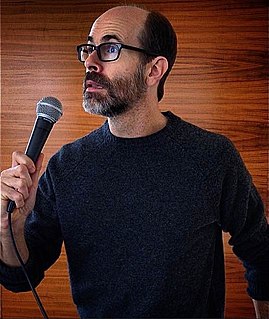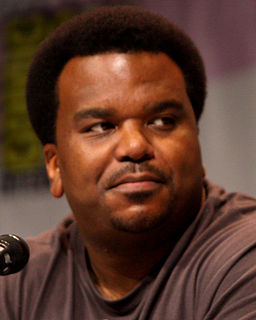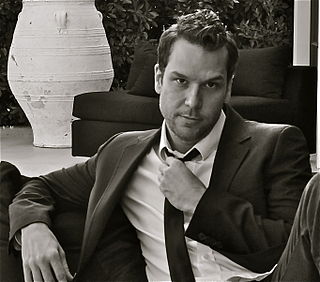A Quote by Kenan Thompson
I got good at trying to throw a voice on a character from the very beginning as opposed to like reading it and sitting with it and mulling over it and stuff like that just try to read what it is and then try to put a funny voice to it like as soon as possible and stuff like that. Once you get laughs with your voice then you can start thinking about, you know the physical characteristics and how they might walk or if they stick out their buck teeth or if they wear an afro and stuff like that. I think like finding the voice of the character helps to like build the wardrobe and everything else.
Quote Topics
About
Beginning
Buck
Build
Character
Characteristics
Else
Everything
Everything Else
Finding
Funny
Get
Good
Got
Helps
How
Just
Know
Laughs
Like
Might
Mulling
Mulling Over
Once
Opposed
Out
Over
Over It
Physical
Possible
Put
Read
Reading
Sitting
Soon
Start
Stick
Stuff
Teeth
Then
Think
Thinking
Throw
Try
Trying
Very
Voice
Walk
Wardrobe
Wear
Your
Related Quotes
Something like Deckard Cain is great; it doesn't ruin your voice. But games that involve violence or battle or mutating and stuff like that really does take a toll on your voice. And I've even had to start to go to a voice guru kind of guy to do exercises to try to save and get back some of what I lost.
[A]s soon as you try and take a song from your mind into piano and voice and into the real world, something gets lost and it's like a moment where, in that moment you forget how it was and it's this new way. And then when you make a record, even those ideas that you had, then those get all turned and changed. So in the end, I think, it just becomes it's own thing and really I think a song could be recorded a million different ways and so what my records are, it just happened like that, but it's not like, this is how I planned it from the very beginning because I have no idea, I can't remember.
There are no words and there is no singing, but the music has a voice. It is an old voice and a deep voice, like the stump of a sweet cigar or a shoe with a hole. It is a voice that has lived and lives, with sorrow and shame, ecstasy and bliss, joy and pain, redemption and damnation. It is a voice with love and without love. I like the voice, and though I can't talk to it, I like the way it talks to me. It says it is all the same, Young Man. Take it and let it be.
When I read to children, I try to become the characters. It's great if you can make a separate voice for each character. Sometimes you can lower your voice with excitement or get more intimate about it: you can lean forward and engage the children as a narrator or as a reader. It's particularly important that you find the voice that you want to use for each character, because then children can imagine that person as you're reading aloud. And of course, the illustrations help enormously.
There's this pet phrase about writing that is bandied around particularly in workshops about "finding your own voice as a poet", which I suppose means that you come out from under the direct influence of other poets and have perhaps found a way to combine those influences so that it appears to be your own voice. But I think you could also put it a different way. You, quote, find your voice, unquote, when you are able to invent this one character who resembles you, obviously, and probably is more like you than anyone else on earth, but is not the equivalent to you.
Write like you write, like you can't help but write, and your voice will become yours and yours alone. It'll take time but it'll happen as long as you let it. Own your voice, for your voice is your own. Once you know where your voice lives, you no longer have to worry so much about being derivative.
It's like I'll sit down and put my hands on the piano or the guitar, and then I'll hear a sound or I'll feel a chord that will resonate and then I'll get something happening in my voice. My voice is like a car that I get into and drive but I don't know where I'm going. And I record everything. And often, I sort of get into a state, a creative state that is, where I'm just feeling around melodically, and playing things off the top of my head. Then I go back and listen to it and for the first time, hear what I just did. It's like Elvis has left the building while the thing is happening.
I'm a band leader and substitute teacher, and then one day they bring me into a music class, and I'm like, 'Wait a minute, I know this stuff.' And the principal is like, 'Just throw the video in and call it a day,' and I'm like, 'That's not good enough. I want these kids to know what it's like to have a gig and all that kind of stuff.'
My advice is: to try and stay really true to the things that make YOU laugh, as opposed to trying to create a character that you think is funny. Some comedians get into bad habits when they are trying to create something that is not them, and they are trying to write a voice that isn't their true voice.
